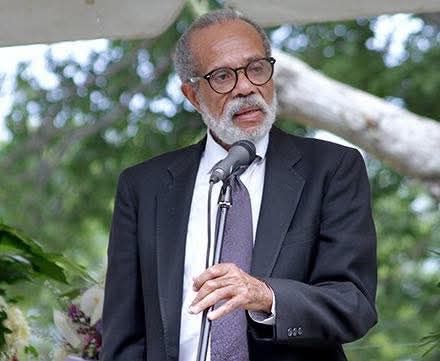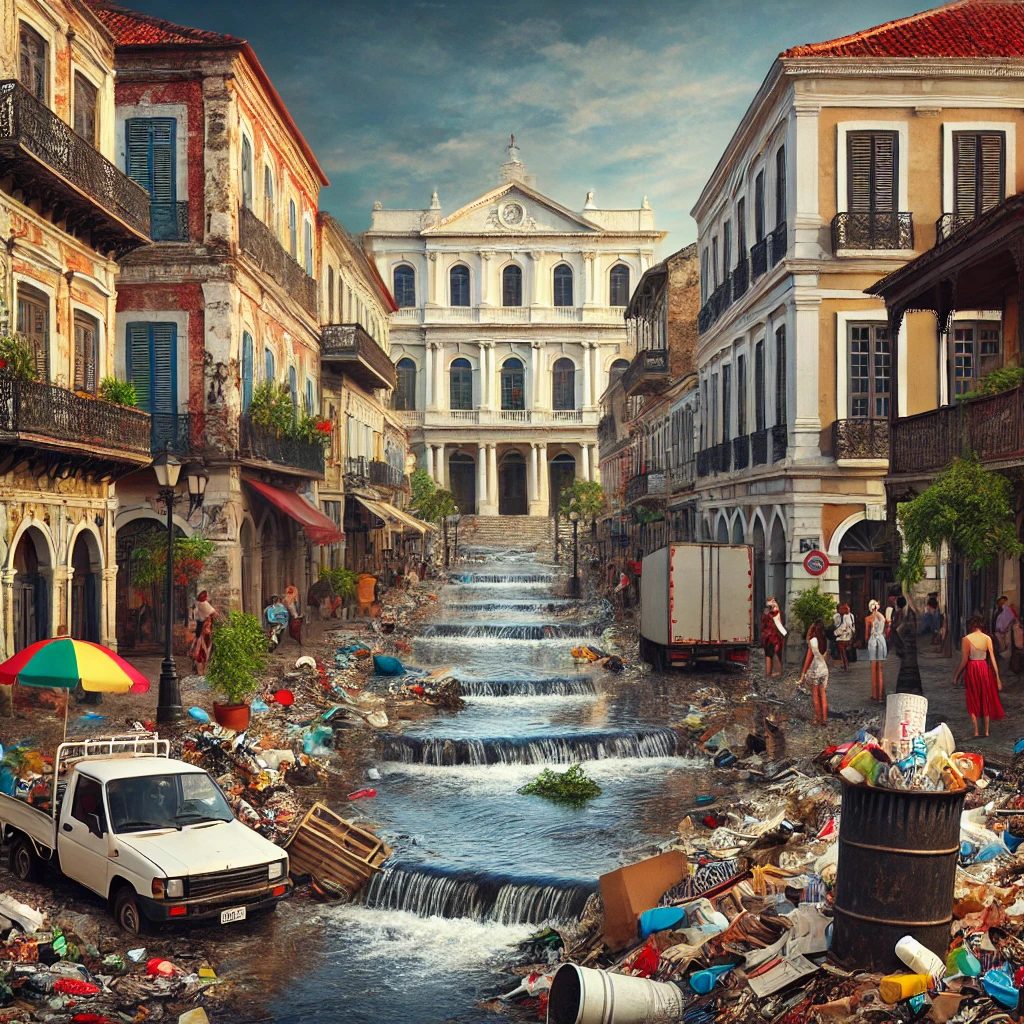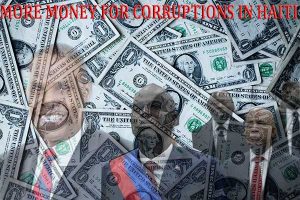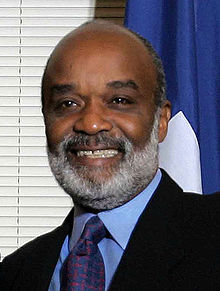The week of January 12–18 was a dynamic one for Haiti, marked by significant events, ongoing challenges, and glimmers of hope. From political developments to community-led initiatives, this period highlighted both the resilience of the Haitian people and the urgent need for collective action.
In this blog post, we’ll take a closer look at the key events that shaped Haiti during this week, offering insights into the nation’s journey toward stability and progress.
Honoring a Legacy: Tributes to Former Prime Minister Rosny Smarth
The week began with reflections on the life and contributions of former Prime Minister Rosny Smarth, a respected leader known for his wisdom and dedication to Haiti’s development.
Smarth, who served during a tumultuous period in the 1990s, was remembered for his efforts to promote education and economic reform. His legacy serves as a reminder of the importance of visionary leadership in times of crisis.

Ceremonies and discussions honoring Smarth brought together political figures, civil society leaders, and citizens, sparking conversations about the need for integrity and accountability in governance. As Haiti continues to navigate political instability, Smarth’s example offers valuable lessons for current and future leaders.
Strengthening Security: New Appointments and Collaborative Efforts
Security remained a top priority during the week, with the appointment of Mario Andrésol, a former National Police Director, as Secretary of Public Security. This move signaled a renewed focus on addressing Haiti’s ongoing security challenges, including gang violence and urban crime.

Andrésol’s appointment was met with cautious optimism, as many hope his experience will lead to improved coordination among law enforcement agencies.
However, experts emphasized that lasting change will require not only effective leadership but also investments in infrastructure, community programs, and economic opportunities to address the root causes of crime.
Community-Led Development: Progress in the South
In the South, the week saw the inauguration of infrastructure projects in Saint-Louis-du-Sud and Baie du Môle, symbolizing the potential for local initiatives to drive progress. These projects, supported by civil society and local leaders, aim to improve transportation, create jobs, and stimulate economic activity in the region.
The involvement of citizens like Mira Charles, who shared insights on the challenges and opportunities in the South, underscored the importance of grassroots efforts in shaping Haiti’s future. These initiatives offer a glimpse of what can be achieved when communities come together to address shared challenges.
Urban Challenges: Addressing Infrastructure and Waste Management
In Cap-Haïtien, heavy rains during the week exposed the city’s ongoing struggles with waste management and urban planning. Flooding and mudslides disrupted daily life, highlighting the urgent need for improved infrastructure and environmental management.

Local authorities and civil society groups called for immediate action to address these issues, emphasizing that Cap-Haïtien’s historical and cultural significance makes it a priority for preservation and development. The week’s events served as a stark reminder of the importance of sustainable urban planning in Haiti’s cities.
Tourism Potential: Calls for Investment in Jacmel and Beyond
The week also brought attention to Haiti’s untapped tourism potential, particularly in cities like Jacmel. Excitement is building for the upcoming visit of the Colombian president to Jacmel next week, which is expected to shine a spotlight on the city’s vibrant arts scene, historic architecture, and cultural heritage.
This visit represents a valuable opportunity to showcase Jacmel as a premier tourist destination and to explore potential international partnerships that could boost Haiti’s tourism sector.
Local leaders and residents are using this momentum to call for greater investment in cleanliness, infrastructure, and marketing to attract more visitors and stimulate the economy.
Discussions during the week highlighted the importance of leveraging Haiti’s natural beauty and cultural assets to create jobs and generate revenue. With the right investments and policies, tourism could become a cornerstone of Haiti’s economic recovery.

A Call to Action: Unity and Collective Responsibility
Throughout the week, one theme emerged clearly: the need for unity and collective action. From security to infrastructure, the challenges Haiti faces are complex and interconnected. Addressing them will require the efforts of government officials, civil society, the private sector, and everyday citizens.
The example of Ti Rivyè, where collaboration between the community and local police has fostered trust and progress, offers a model for other regions. By working together, Haitians can overcome obstacles and build a brighter future for their nation.
A Week of Reflection and Renewed Hope
The week of January 12–18 was a microcosm of Haiti’s broader journey—marked by challenges, but also by resilience and hope. From honoring past leaders to addressing urgent issues like security and infrastructure, the events of the week underscored the importance of unity, vision, and action.
As Haiti moves forward, the lessons from this week can serve as a guide. By building on the progress made and addressing the obstacles that remain, Haitians can create a nation that thrives economically, socially, and culturally. The road ahead is long, but with determination and collaboration, a brighter future is within reach.
What are your thoughts on the events of this week? How can we support Haiti’s journey toward progress? Share your ideas and reflections in the comments below!


